Our actions go beyond our primary mission of research and development, production, and marketing of innovative products for animal health, particularly for bees.
They extend to the implementation of a Corporate Social Responsibility (CSR) strategy, guided by six priorities closely linked to our activities and challenges.
For over 40 years, we have been working in collaboration with our partners and stakeholders to build a more sustainable future. Together, we are committed to taking on new challenges, innovating, and strengthening our positive impact on the environment and ecosystems.
Innovate sustainably
We adopt a proactive and integrated “One Health” approach to stay at the forefront of industry trends and technological advancements. Each year, we invest 10% of our revenue in research and development to create innovative solutions.
Sustainability is at the heart of our innovation strategy: we prioritize responsible practices, develop eco-friendly products such as the selective hornet trap, and align us with global initiatives for a more sustainable future.
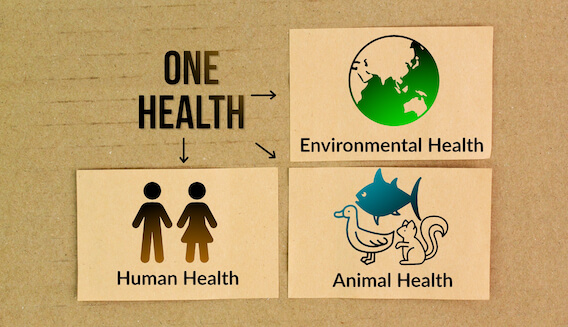
Develop and ensure safe products with high quality standards
We are committed to maintaining rigorous standards in the development, manufacturing, and service delivery to ensure the reliability and effectiveness of our solutions. Our production site is certified GMP (Good Manufacturing Practices).
At the same time, we ensure the safety of the targeted species as well as the users of our products.
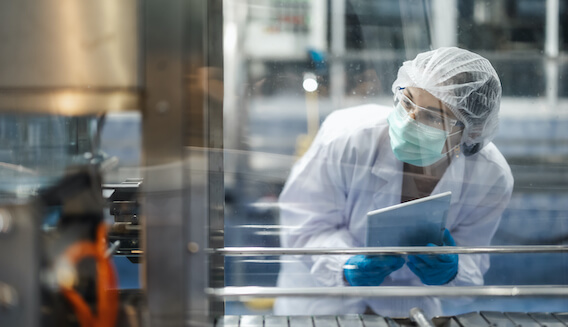
Reduce our environmental impact
We are implementing concrete actions to reduce our environmental impact, including greenhouse gas emissions. We have invested in new facilities to reduce our consumption of electricity and gas. We are also working on reducing our water usage and waste, with over 50% of our waste being recycled.
Specifically, we have:
- Installed a park of 960 solar panels at our production site, enabling us to self-supply 24% of our annual energy consumption in kW.
- Launched an initiative in 2019 with our clients to collect used strips. Over 16 tons have already been collected!
- Begun optimizing some of our product packaging (reducing surface area, ink usage, etc.), within the limits imposed by our industry constraints (veterinary medicine stability).
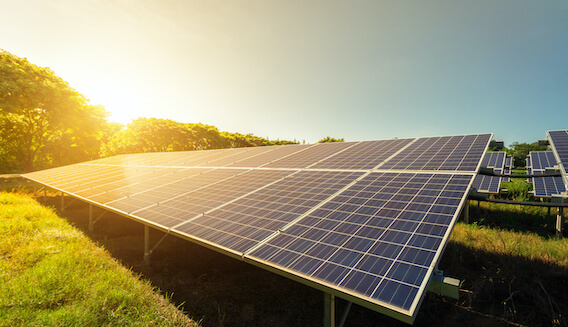
Strengthen relations with stakeholders and develop partnerships
Collaboration with beekeepers, environmental organizations, and other stakeholders is essential to address the challenges related to pollinator health. That is why we are actively engaged in partnerships with universities, research centers, and associations.
This enables us to exchange ideas on the issues facing the industry, as well as share knowledge and expertise to develop and implement effective solutions.

Act ethically with our clients and partners
At Véto-pharma, it is essential to treat all our stakeholders with respect, establish lasting relationships, and foster a constructive work culture.
As a technical expert, we prioritize listening, transparency, and ethics, which strengthen the trust-based relationship with each of them.

Support and contribute to the development of the beekeeping sector
We support the beekeeping sector by implementing awareness initiatives focused on bee preservation. We carry out actions to promote and highlight beekeeping, as well as educational initiatives to emphasize the importance of pollinators in maintaining our ecosystems and food systems.
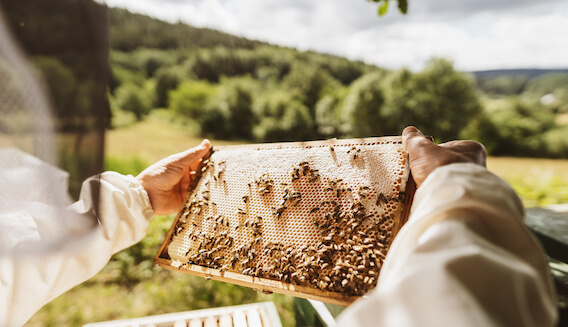
Gender Equality Index
In just two years, our Gender Equality Index has increased by 21 points, rising from 68 in 2021 to 89 in 2023. This improvement is the result of actions taken within the company.
While we have achieved near parity between men and women, differences persist, primarily in terms of responsibilities. In 2024, Véto-pharma has intensified efforts to reduce these gaps by implementing training programs, promotions, and salary adjustments.
We are also committed to maintaining this parity by ensuring that our recruitment and internal mobility processes promote equality.
To Go Further
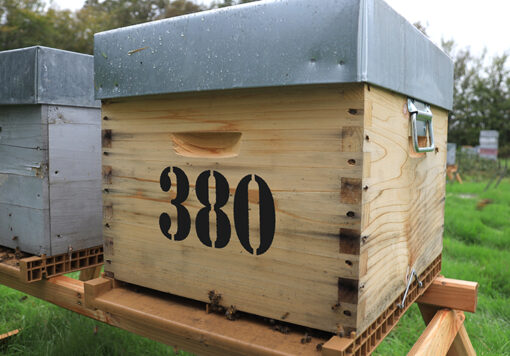
Véto-pharma apiary: 80 new colonies for Varroa Research
Véto-pharma celebrates 10 years of beekeeping research: its experimental apiary reaches 380 colonies, a key asset against varroa mites.

Products for bees made using solar energy
In a world where every action matters to preserve our planet, we have decided to take concrete action.
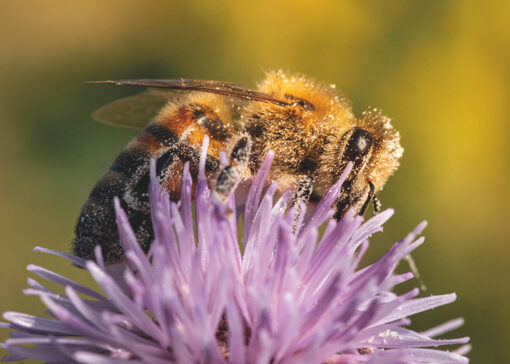
Announcement Winner of the ‘favorite photo’ award ‘Let’s value honey bee and Apiculture’ 2024
Vétopharma organizes an annual amateur contest “Let’s value honey bee and apiculture” discover the winner.
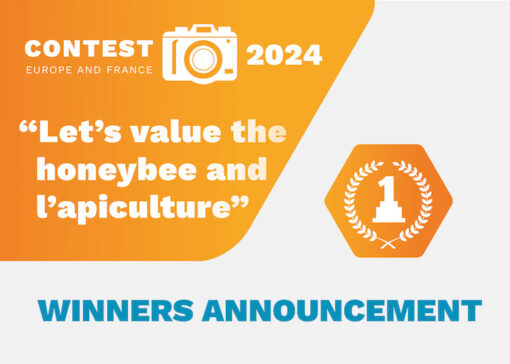
Results of the 2024 “Let’s value the honey bee and Beekeeping” Photo Contest
The photo competition raises public awareness of the importance of preserving pollinating insects including bees and promoting beekeeping.
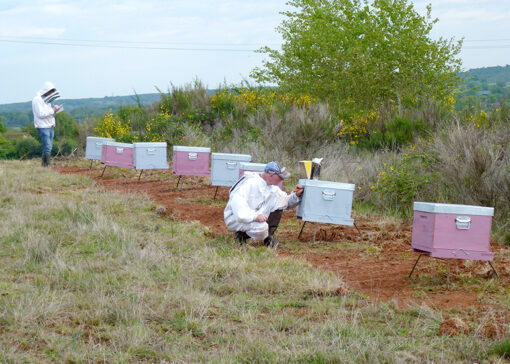
A commitment and a human adventure at the heart of our values for the health of bees
Today, the Véto-pharma apiary celebrates ten years of research and innovation dedicated to the health of bees, which is essential to our biodiversity.
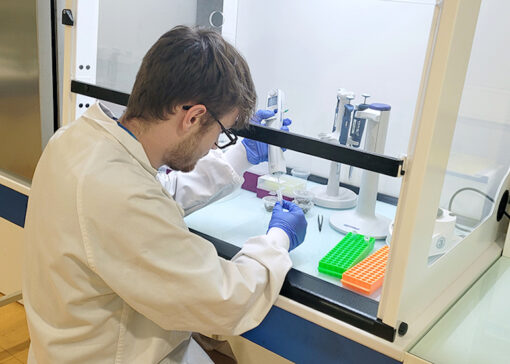
Revolutionising the fight against varroa mites: Véto-pharma’s Cutting-Edge R&D
In 2014, Véto-pharma launched its experimental apiary, a cornerstone of its intensive research and development efforts.
